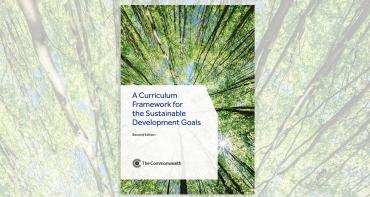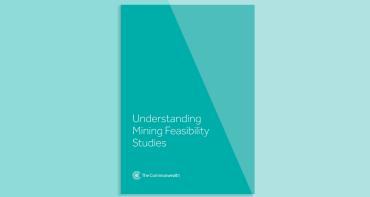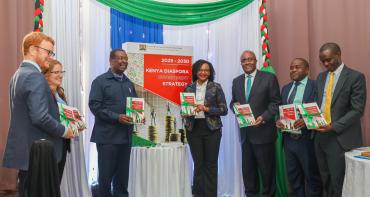Commonwealth Heads of Government have regularly declared their collective commitment to a transparent, free and fair multilateral trading system that enhances trade liberalisation and developmental objectives, while taking into account the special development requirements of capacity-constrained countries.
Commonwealth Heads of Government have regularly declared their collective commitment to a transparent, free and fair multilateral trading system that enhances trade liberalisation and developmental objectives, while taking into account the special development requirements of capacity-constrained countries.
Last year, at their 2013 summit in Sri Lanka, through the
The Commonwealth’s 53 member governments account for one fifth of global trade. It is therefore welcome news for all Commonwealth economies that the World Trade Organisation’s membership has agreed a way forward to implement the ‘Bali Package’.
The Commonwealth has a strong track record of success in trade facilitation. We have extensive programmes of assistance that have delivered practical improvements and growth in trade; at the political level, we have long championed a rules-based multilateral trading system as one of the most important ways to achieve development and economic growth for the poorest, smallest, and most vulnerable countries. The breakthrough on the Bali Package will do more to increase global trade and will enable the Commonwealth to do more for its members too.
The Trade Facilitation Agreement promises a boost to global trade valued between $400 billion and $1 trillion, cutting red tape, and streamlining and simplifying procedures through measures such as new standards for customs’ checks and border procedures. This is of particular significance to our many Commonwealth members that are either land-locked or island nations, and already constrained by high transportation costs. Least developed countries and many in Sub-Saharan Africa are constrained by weak trade facilitation measures, which seriously undermines their export competitiveness, and they too can benefit from this Agreement.
The breakthrough on the Bali Package can also boost WTO talks on the post-Bali work programme. The Commonwealth’s Heads of Government – representing G20 economies through to some of the smallest and most vulnerable economies - have together repeatedly encouraged progress towards the successful completion of the Doha Round, and will welcome the momentum now generated for further progress in the Round.
Background
Practical Assistance
As a trade facilitation organisation, the Commonwealth has already been doing the following in the recent years:
- Africa, Caribbean and Pacific (ACP) member countries are being assisted through our Hub and Spokes Trade Capacity Building Programme in national and regional trade policy formulation, and negotiation of trade agreements. This is a network of experts based in regional organisations and ACP country trade ministries to create local trade negotiating skills and capacity. The programme is a multi-million Euro collaboration between the Commonwealth and the European Commission as well as the Organisation Internationale de la Francophonie.
- Analytical work is being undertaken on trade issues being discussed at multilateral as well as regional levels, such as work programme/agenda setting at the WTO, Aid for Trade strategy, and trade policy reviews. This includes the provision of dedicated trade expertise based in the Commonwealth Small States Office in Geneva.
- A Senior Trade Policy Adviser has been deployed in Seychelles in order to support the Government in its Accession to WTO, in addition to support provided by the Commonwealth Small States Office in Geneva. We anticipate that Seychelles will accede to the WTO this December 2014.
- Commonwealth Trade Advisers have been deployed in the Pacific to assist with the Pacific Agreement on Closer Economic Relations (PACER) Plus negotiations supporting Pacific Islands Forum countries to benefit from enhanced regional trade and economic integration.
- Technical assistance is currently being provided to Kenya to institutionalise the International Road Transport Convention (TIR) to enable a reduction in transit time of goods and encourage exports outside the East African Community Single Custom Territory to lead to growth in trade in the region.
- In Kenya, as a result of assistance provided to develop an electronic data system to reduce the burden of clearing goods for traders and public agencies, the average time to clear goods at Port Mombasa was reduced by 77%, i.e. from 10 days to 2 days.
- We are providing Papua New Guinea with assistance to strengthen the exchange and processing of trade-related documentation, which reduces the time and cost of clearing and moving consignments.



